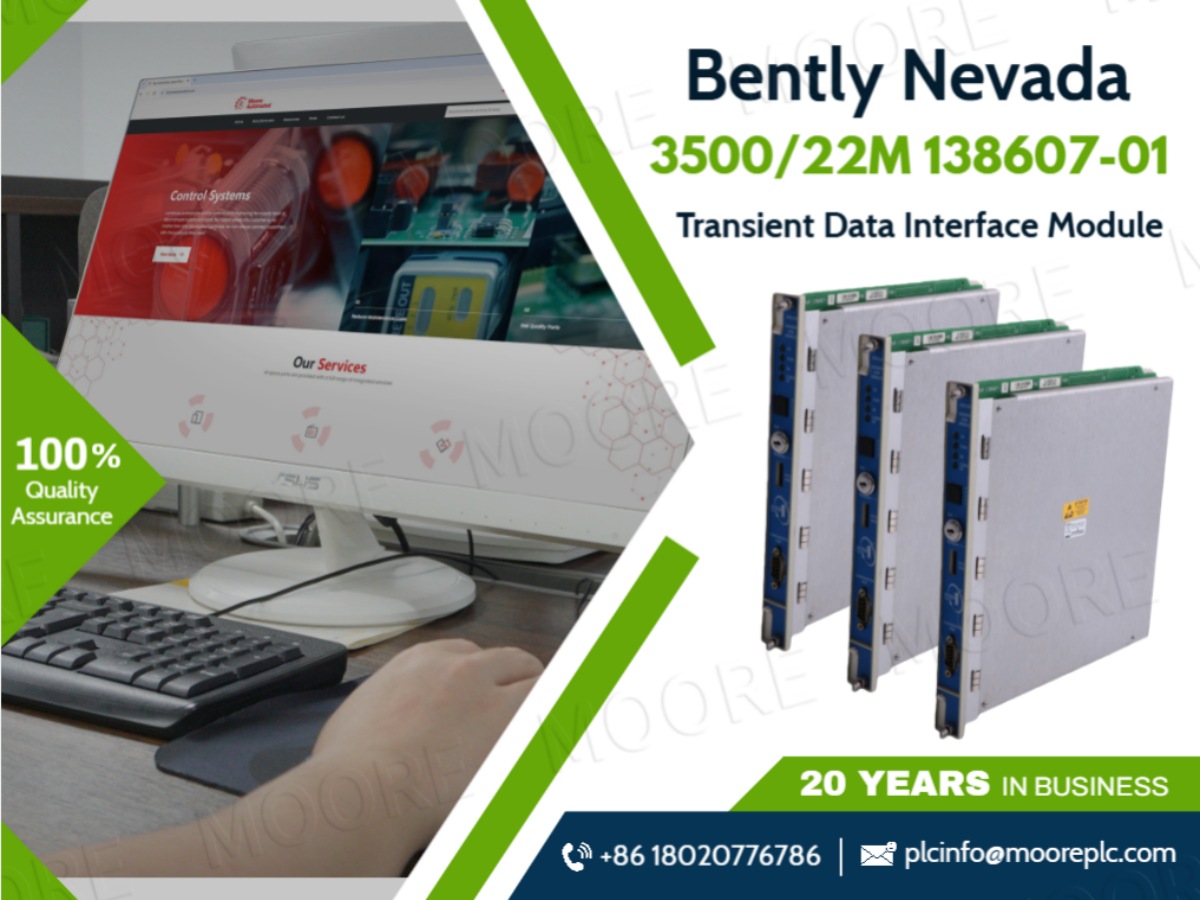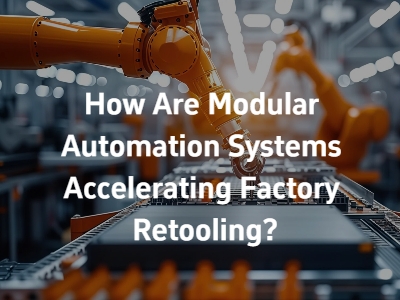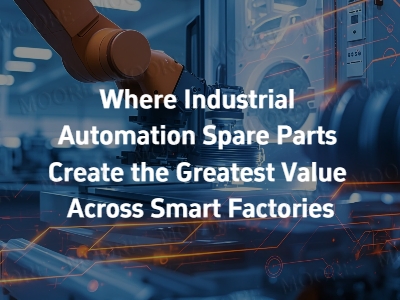Introduction
Under the wave of digital transformation, artificial intelligence (AI) has become a key driver for process industries to achieve operational excellence. As a global leader in industrial automation, Yokogawa uses AI technology to continuously improve production efficiency and equipment availability, and provides strong data support and decision-making assistance for complex manufacturing systems. The way of process optimization is being completely changed due to the deep integration of AI with real-time data analysis and process control.
AI-driven intelligent analysis releases deep insights
The core of Yokogawa's artificial intelligence platform lies in its advanced data processing architecture, which can collect and analyze massive data from field equipment and control systems in real time. Patterns, associations and anomalies that are difficult to capture with traditional analysis methods are being accurately identified through machine learning algorithms. Active decisions such as adjusting set points in advance and predicting process deviations are thus possible, thereby avoiding the risk of performance degradation.
Furthermore, AI model training based on historical and contextual data gives the system the ability to predict future trends. This predictive optimization is particularly important in the petrochemical, pharmaceutical and energy industries, which are highly sensitive to process conditions.
Cognitive control helps process autonomy
In addition to traditional automation, Yokogawa's AI system leads the way into the era of "cognitive control" - the system not only responds to input signals, but also optimizes its own control strategy in continuous learning. Taking AI platforms such as "factor core dynamic strategy programming" as an example, process units can make autonomous control decisions without human intervention.
This type of intelligent autonomy is particularly prominent in scenarios that require precise and real-time responses, such as batch production, chemical batching, and energy scheduling, which significantly reduces the human error rate, improves product quality consistency, and enhances the ability to respond to dynamic production environments.
Improve operational efficiency and promote sustainable development
The introduction of AI enables Yokogawa to not only help improve factory operating efficiency, but also support customers in achieving sustainable development goals. With the help of AI's energy management system, it can accurately identify energy waste links and propose the best operation plan; and AI-based asset health monitoring can warn of potential equipment failures and arrange maintenance in advance, thereby extending equipment life.
Environmental, health and safety (ESG) indicators are also integrated into AI algorithms, allowing production strategies to automatically adapt to energy consumption restrictions, emission requirements and regulatory compliance, achieving a balance between economic benefits and environmental responsibility.
Conclusion
Yokogawa's artificial intelligence solutions are leading the future of intelligent and autonomous industrial processes. Combining machine learning, predictive analysis and adaptive control, it helps various industries enter a new era of efficient, safe and green operations. As digitalization deepens, AI will continue to be Yokogawa's core force in promoting global intelligent manufacturing and sustainable development.
 02/02
02/022026
 28/01
28/012026
 20/01
20/012026
 13/01
13/012026
 04/02
04/022026
 30/01
30/012026
 22/01
22/012026
 15/01
15/012026

32D floor, Guomao building, Hubin South Road, Siming District, Xiamen City, Fujian Province, China.


 IPv6 network supported
IPv6 network supported
Our hours
